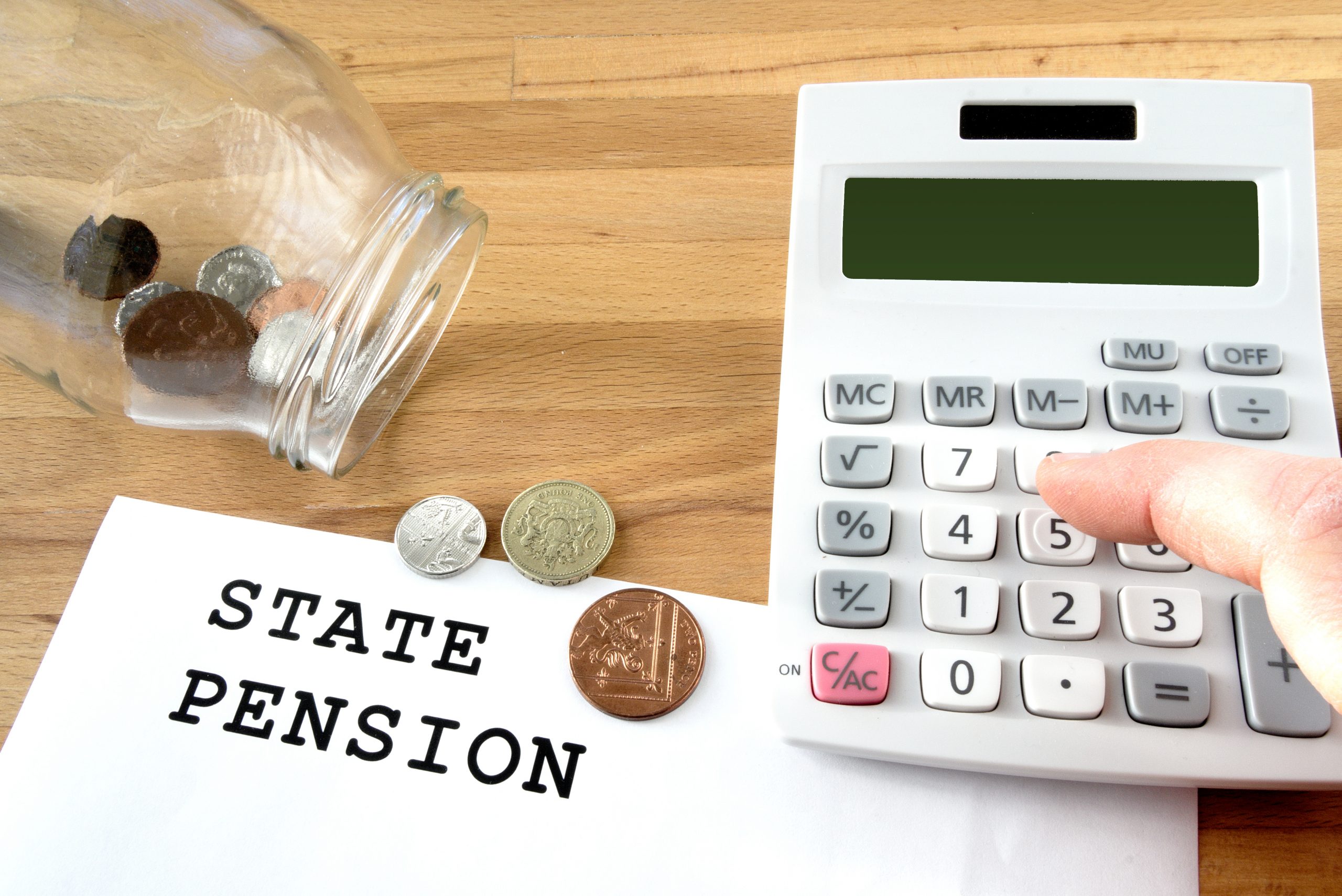News
Liz Truss to ‘reinstate pension triple lock over the next three years’

Conservative leadership hopeful Liz Truss has reportedly pledged to reinstate the state pension triple lock – a move set to cost £21bn over the next three years.
It is understood that Liz Truss will honour the 2019 Conservative manifesto if she is elected as prime minister, according to a report in The Telegraph.
Under the triple lock mechanism, it guarantees the basic state pension will rise by the higher of average earnings, inflation or 2.5%.
It was ditched for April 2022 due to distortions created by the pandemic which would have seen retirees receive big increases in their retirement income.
However, in June, the former chancellor, Rishi Sunak, defended his decision to reinstate the pension triple lock next year as inflation soars to a 40-year high and as workers across sectors strike for higher pay to compensate for the effects of inflation.
Forecasts by the Bank of England suggest inflation could reach 11% this autumn, meaning retirees could be set for double-digit pension rises.

How life insurance can benefit your health and wellbeing over the decades
Sponsored by Post Office
This is because the April 2023 increase is based on September’s inflation figure, which many predict will be around 10%.
Steven Cameron, pensions director at Aegon, said it was only a matter of time before state pensions made an appearance in the Conservative Party leadership contest.
He said: “Reports suggest Liz Truss has committed to restoring the state pension triple lock for the next three years if elected prime minister. The triple lock was suspended in April 2022, removing the link to earnings increases which had been distorted because of the pandemic and furlough. Rishi Sunak, before resigning as chancellor, had also committed to reinstate it in April 2023.
“Having received an increase of only 3.1% in April, and with inflation currently running at three times this level, state pensioners will justifiably expect to receive the full benefit of the triple lock. It’s widely expected that price inflation for the year to September, which is the figure used, could reach double figures, creating a triple lock increase of over 10%.”
He added: “Perhaps the bigger question is whether the triple lock, which in current volatile times has proven very costly, will survive in its existing form in the manifestos of all parties ahead of the next general election. Currently, this grants the highest of price inflation, national average earnings increases or 2.5% on a year-by-year basis. Moving to a formula which averages these indicators out over say a three-year period would still protect pensioners but without the peaks and troughs a year-on-year approach could create.”